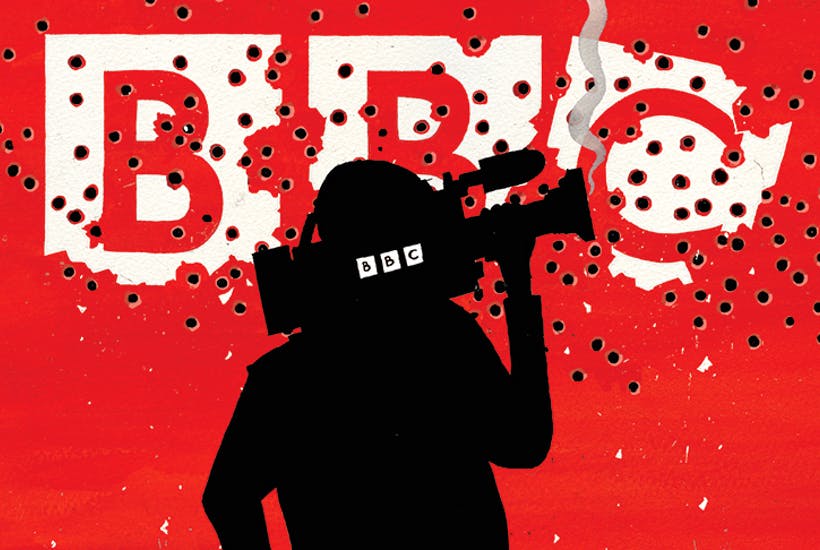NHK is Japan’s version of the BBC – it was actually modelled after the Beeb way back in the 1920s. It has four terrestrial, two satellite TV stations, and three radio stations. It is advert-free, and funded by a license fee. It could be seen as one of Auntie’s nephews perhaps, with many of the same family traits, but a few important differences that embattled BBC executives might do well to take notice of.
Unless you have a weird fondness for the noisy and inane (see the Takashi Fuji episode in ‘Lost in Translation’) NHK is probably the only ‘terebi’ you would want to watch in Japan. It is renowned for the superior production values and more grown up tone of its output, particularly news and weather, the latter especially important in a disaster-prone country with remote communities with high concentrations of elderly people.
A key distinction between NHK and the BBC is that the NHK license fee (around 95 pounds) is collected in what amounts to an honesty system.








Comments
Join the debate for just $5 for 3 months
Be part of the conversation with other Spectator readers by getting your first three months for $5.
UNLOCK ACCESS Just $5 for 3 monthsAlready a subscriber? Log in